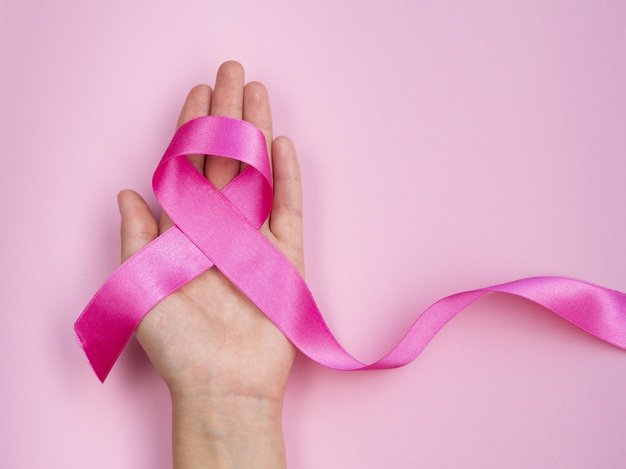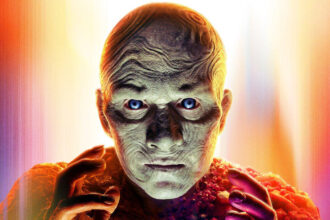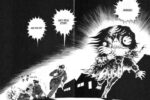Emerging and young adults who cared for a parent with advanced cancer often grapple with deep uncertainty about their own health, with new research highlighting that many are left anxious, fatalistic, or dismissive about their personal cancer risk. The findings were published in the journal Psycho-Oncology.
A recent study has explored how people aged 18 to 35 react to the death of a parent from cancer, particularly how it influences their beliefs about developing the disease themselves. The study sheds light on a vulnerable but overlooked group, showing that early caregiving can leave a lasting imprint on how young adults manage their health choices.
Researchers interviewed 33 individuals who had provided care to a parent who died of cancer within the past five years. The study revealed three broad responses. Some saw the experience as a call to action, feeling empowered to live more healthily and seek out cancer screening. Others were overwhelmed by a sense of doom, believing their fate was sealed. A third group dismissed the connection altogether, viewing their parent’s diagnosis as simply “bad luck.”
Those who viewed the experience as an opportunity reported taking control of their lifestyles. They spoke of quitting smoking, eating better, exercising more, and seeking genetic testing or early screening. Their exposure to the suffering of a loved one motivated them to avoid the same fate. For these individuals, cancer risk became something they could potentially manage or reduce.
But for others, witnessing a parent’s decline led to fear and resignation. They reported a constant worry that every physical symptom could be cancer. Some believed that because their parent led a healthy life yet still succumbed to cancer, there was little point in trying to prevent it. This sense of helplessness often meant avoiding screenings and neglecting lifestyle changes.
A third group reacted by detaching from the experience. They saw their parent’s illness as random and unrelated to their own future. Rather than feeling the need to act, they focused on “living life to the fullest”, often continuing risky behaviours such as smoking and poor diet. In some cases, this response was linked to the type of cancer the parent had, with brain or pancreatic cancer being more likely dismissed as unpredictable.
The findings highlight how a young adult’s belief about the cause of their parent’s cancer can shape whether they take preventative steps or not. Those who saw it as hereditary or lifestyle-driven were more likely to act, while those who saw it as fate often did nothing.
Researchers warn that dismissing cancer as mere chance can have serious implications for long-term health. While not all cancers are preventable, many are influenced by genetics, environment, and lifestyle. With young adulthood being a formative period for setting health habits, these beliefs could shape a person’s risk for decades.
There is now a growing call for more support aimed at young carers, both during the care process and after bereavement. These individuals need guidance not just for grief, but for understanding their health risks and making informed decisions.








